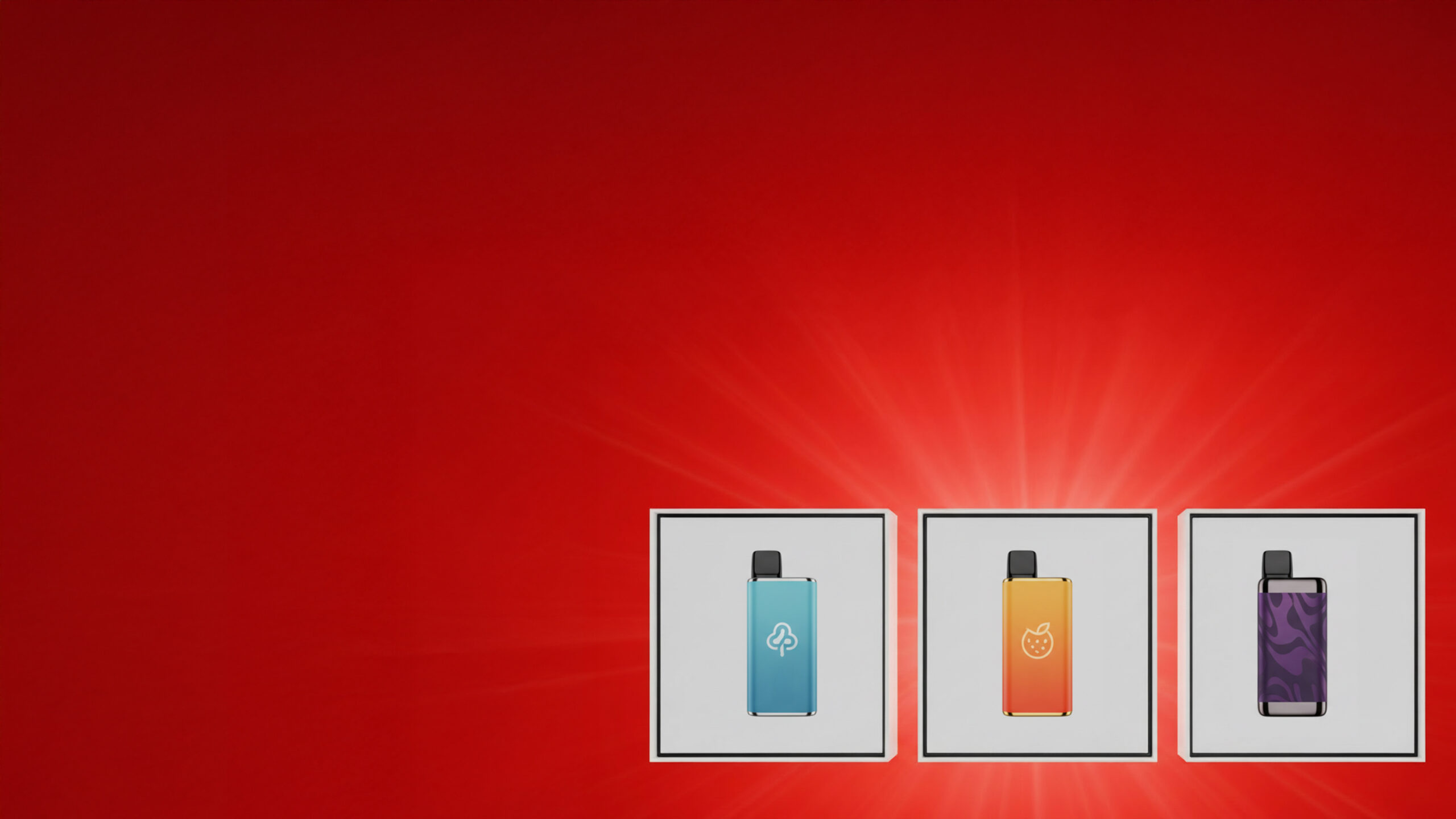
New rules
for advertising with
Sustainability
New rules
for advertising with
Sustainability
from
Many companies advertise with sustainability and environmental claims. However, these claims do not always have anything to do with reality. Legislators are therefore planning stricter rules for such advertising.
Green promises under the microscope
Sustainability is more than just a trend – it is often a decisive factor for consumers when making purchasing decisions. Advertising is full of full-bodied promises about sustainability, environmental friendliness, climate neutrality and sustainability seals. But who can still see through the jungle of environmental claims, seals and promises? This is precisely where the new Directive (EU) 2024/825 on empowering consumers for the green transition through better protection against unfair practices and better information, also known as the “EmpCo Directive”, comes in. It aims to better protect consumers from misleading practices, promote a genuine green transition and prevent greenwashing.
The rules of the EmpCo Directive must be transposed into national law by 27.03.2026 and applied from 27.09.2026.
The new German government has now presented a draft bill to transpose this directive into the German Unfair Competition Act (UWG). The amendment to competition law contains extensive changes and brings with it new challenges for companies.
Why new rules on advertising with sustainability and environmental claims at all?
Consumers are attaching increasing importance to environmental and sustainability aspects when making purchasing decisions. This makes it all the more important for companies to present their environmental and sustainability characteristics in a positive light in their business communications. However, unreliable, non-transparent or even untrue statements undermine trust and lead to bad purchases. The aim of the EmpCo Directive and its national implementation is to prevent these misleading business practices, increase legal certainty and thus ensure sustainable consumption patterns and fair competition in the area of environmentally friendly products.
What rules will apply to sustainability and environmental claims in the future?
The draft bill specifies the existing rules on misleading competition law and introduces a number of new, more precise provisions. Here are the most important changes:
- General environmental claims: Terms such as “environmentally friendly” or “sustainable” without clear specification will be handled more strictly in future. A general environmental claim is inadmissible if the company cannot prove that it is based on a recognized outstanding environmental performance.
- Sustainability labels: Seals that are not recognized by government bodies may only be used if they are based on a transparent and credible certification system. This system must be open, fair and non-discriminatory, its requirements must be drawn up in consultation with experts, violations must be penalized and compliance must be objectively monitored by an independent third party.
- Statements about future environmental performance: Advertising claims about future environmental performance, such as achieving climate neutrality, are only permitted if they are based on a detailed, realistic and publicly available implementation plan with measurable and time-bound targets. This plan must also be regularly reviewed by an independent external expert, whose findings are made available to consumers.
- CO2 compensation claims: Claims based on the compensation of greenhouse gas emissions (e.g. “climate neutral” through the purchase of CO2 certificates) will generally be inadmissible in future if they give the impression that the product itself has no or less of an environmental impact. However, advertising for investments in environmental initiatives will remain possible.
- Durability, repairability and software updates: Misleading statements about the durability of a product, the need for software updates (if these are only for improvement purposes) or the premature replacement of operating materials will be prohibited in future. Similarly, a product may not be advertised as repairable if this is not the case.
- Legal requirements as a special feature: It is unfair to present legally prescribed properties of a product as a special feature of one’s own offer.
- Irrelevant benefits and dark patterns: Advertising with irrelevant benefits and certain forms of consumer influence (“dark patterns”) on online interfaces, particularly for distance selling financial services contracts, will also be prohibited in future. This includes emphasizing certain choices, repeated requests to make a choice or making it more difficult to cancel a service compared to signing up.
What challenges do companies face?
The implementation of the directive poses considerable challenges for companies:
- Compliance costs: The Federal Government expects annual compliance costs for businesses of around €38.2 million and one-off costs of around €272.4 million, mainly for the adaptation of products, production processes, procurement channels and digital processes. This includes, for example, costs for legal advice and internal audits.
- Adaptation of communication strategies: Companies must carefully review their marketing and communication strategies and adapt them to the new, stricter requirements. Vague or unverifiable environmental statements should be avoided.
- Transparency and verifiability: The new rules require greater transparency and verifiability of all sustainability and environmental claims. This means that companies must provide comprehensive documentation and, where applicable, certifications.
- Quality over quantity: The number of environmental claims and sustainability labels used in business communication is expected to decrease. However, those that remain or emerge will need to be of higher quality and more reliable, making it easier for consumers to choose products
- Increased requirements for labels: The requirements for sustainability labels on products or in advertising are being increased, meaning that providers and users of such seals must adapt to them in good time. Providers of sustainability labels must establish a compliant certification system if this is not already in use. The display of sustainability labels that are not based on a certification system or do not originate from government bodies will be prohibited in future.
Criticism: Complexity and lack of clarity
Despite its laudable objectives, the EmpCo Directive is not without its critics. In particular, the complexity and partial ambiguity of the new requirements are likely to lead to difficulties for companies in complying with the rules. Many of the newly defined terms, such as “recognized outstanding environmental performance” or the requirements for “transparent and credible certification schemes”, still leave considerable room for interpretation and therefore cause confusion. This can lead to legal uncertainty and warnings , especially for small and medium-sized enterprises (SMEs), even if the companies make an effort. It remains to be seen how the interpretation will develop in practice and whether additional guidelines or clarifications will be necessary to ensure uniform and practicable application.
Conclusion
The transposition of the EmpCo Directive into German competition law is intended to achieve greater clarity and honesty in sustainability advertising. In the current draft bill, the German government has opted for a one-to-one transposition of the directive and has fortunately dispensed with any special German approaches.
For companies that advertise with sustainability, environmental claims or sustainability seals, the new rules mean necessary adjustments to their marketing strategies.
However, there is still enough time to adapt to the new rules and adapt your own communication to the new requirements.
For providers of sustainability labels who do not yet meet the new requirements, however, time is pressing, as the requirements for these are extensive and require a lot of time.
We are happy to
advise you about
Competition law!







